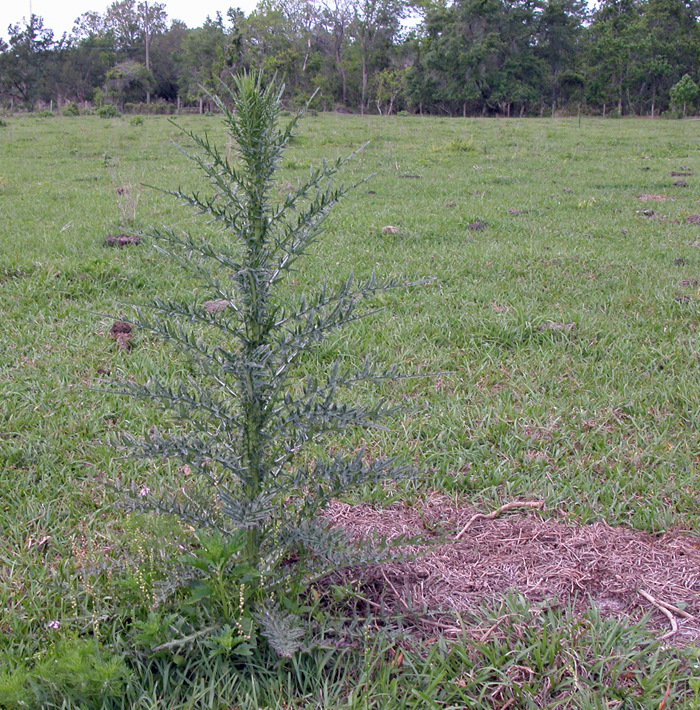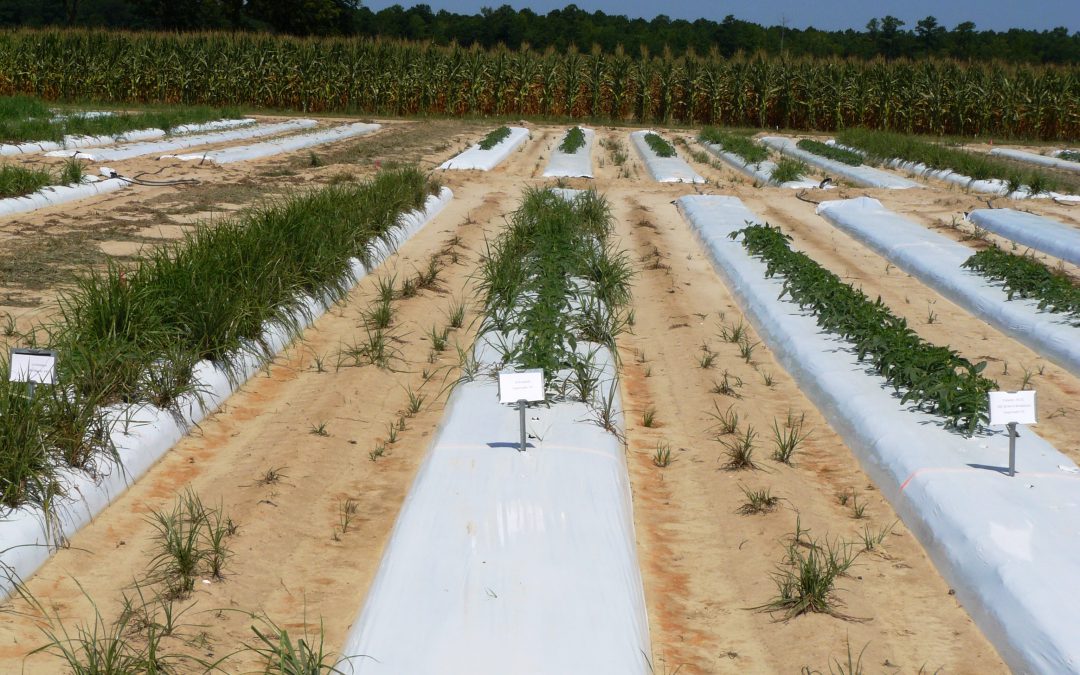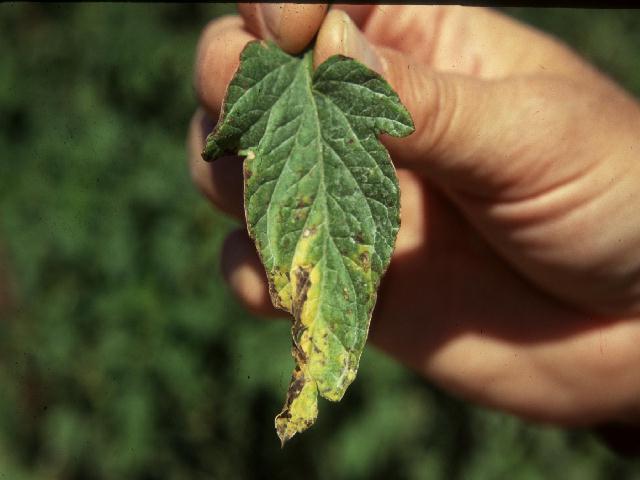by Les Harrison | Dec 11, 2015
As the growing season concludes, field equipment is parked in the barns and sheds across the Panhandle. After an all too brief rest, farmers and ranchers perform the necessary maintenance on these agricultural assets. Even still, unpowered and idle, this equipment...

by jferrell | Nov 20, 2015
The summer of 2015 will long be remembered for the consistency and amount of rainfall received. This was a great benefit for the crop farmer, but made life exceedingly difficult for the hay farmer. With all this rain I saw many pastures that were “soggy” all summer....

by Josh Freeman | Nov 13, 2015
Plastic mulch technology has come a long way in the last 15 years and has made another exponential jump in the last 5 years. Traditionally plastic films used in plasticulture production systems were simple, single layer low density polyethylene films. These are...
by Michael Goodchild | Oct 23, 2015
It is common place now to see maturing broomsedge in our pasture and hayfields. Broomsedge bluestem (Andropogon virginicus) is not really a sedge at all, but a native grass. It seems to shoot up overnight after being inconspicuous for most of the growing season. This...
by Shep Eubanks | Oct 16, 2015
Every fall, about the time deer hunters begin hanging their tree stands for bow season I get calls wanting to know what this wicked weed is that is growing in the woods. Many of our North Florida cattlemen are well familiar with Tropical Soda Apple (TSA) in pastures,...

by Matt Lollar | Oct 2, 2015
High temperatures and wet weather produce the perfect conditions for the onset of bacterial spot in tomato fields. The disease is caused by various species of Xanthomonas bacteria. Small spots (1/8 inch) form on leaves, stems, and fruit. The leaf spots are sometimes...



